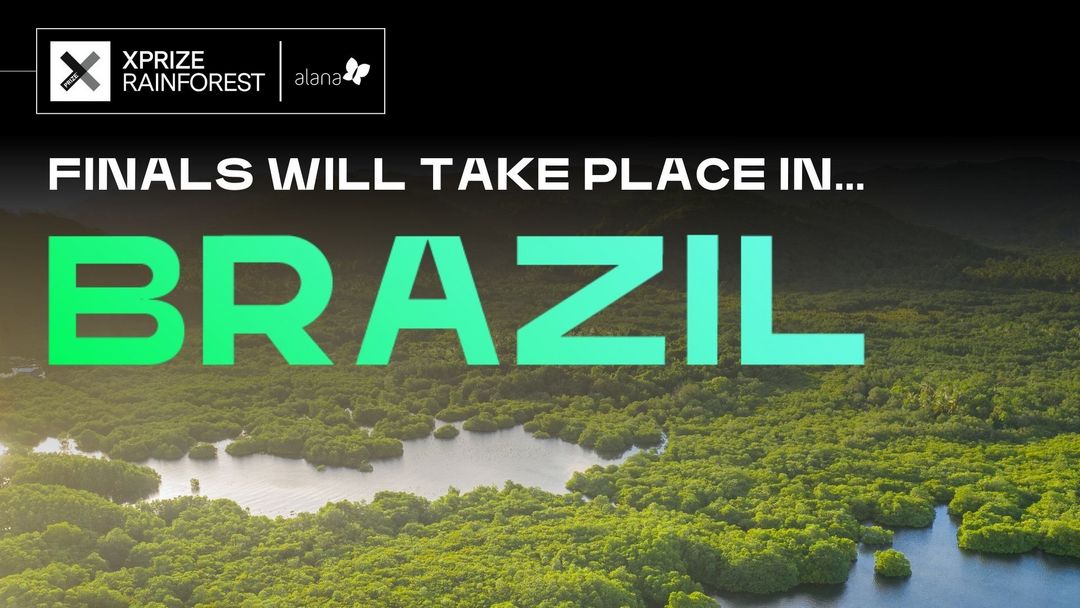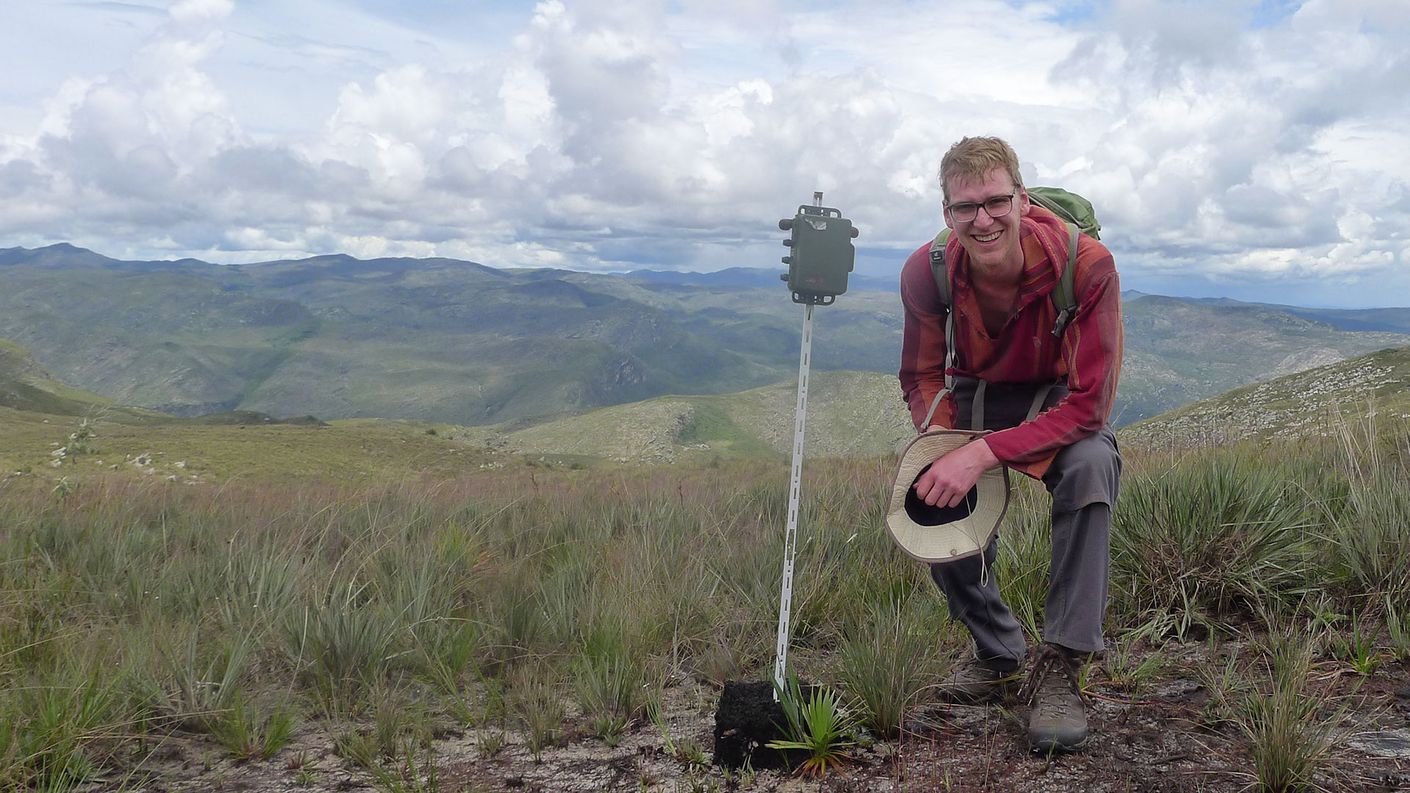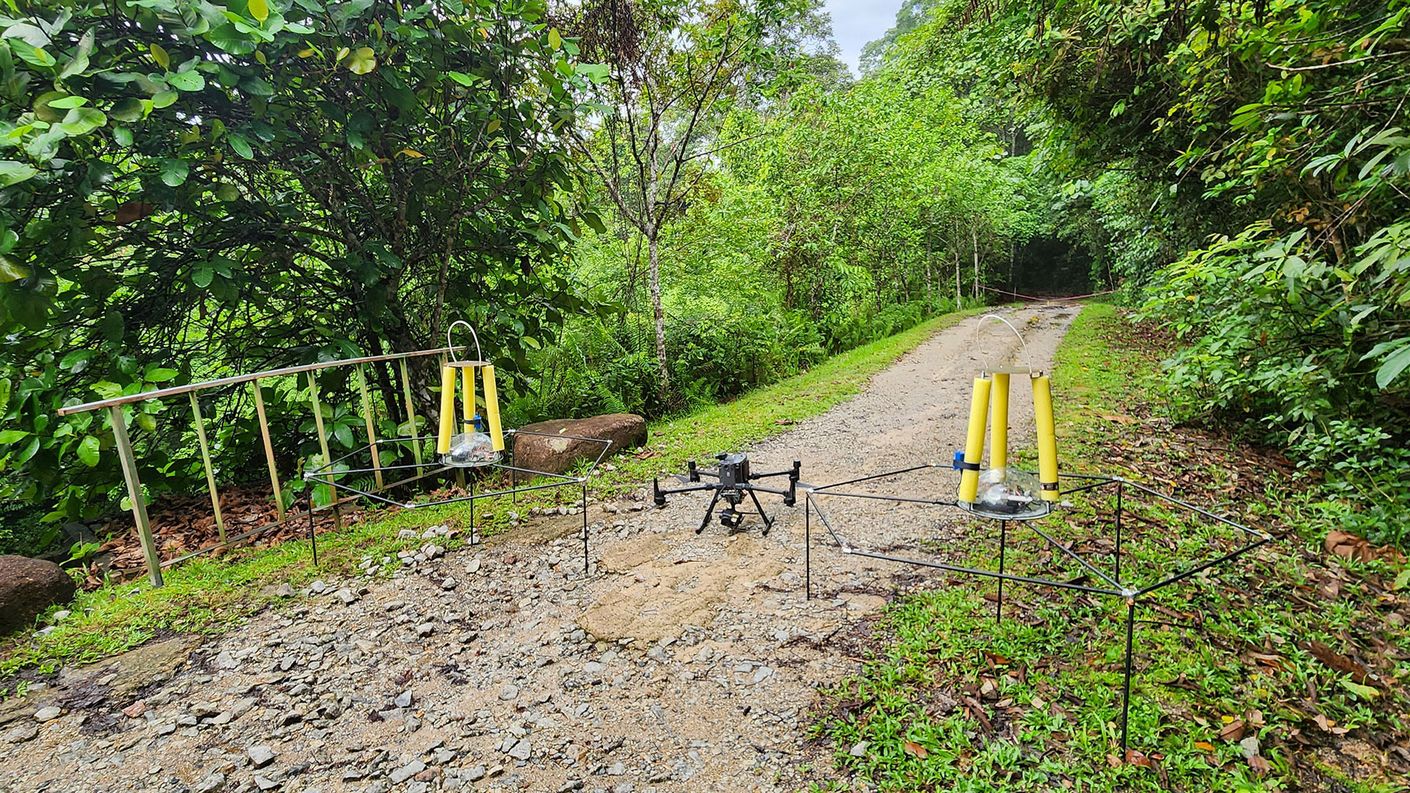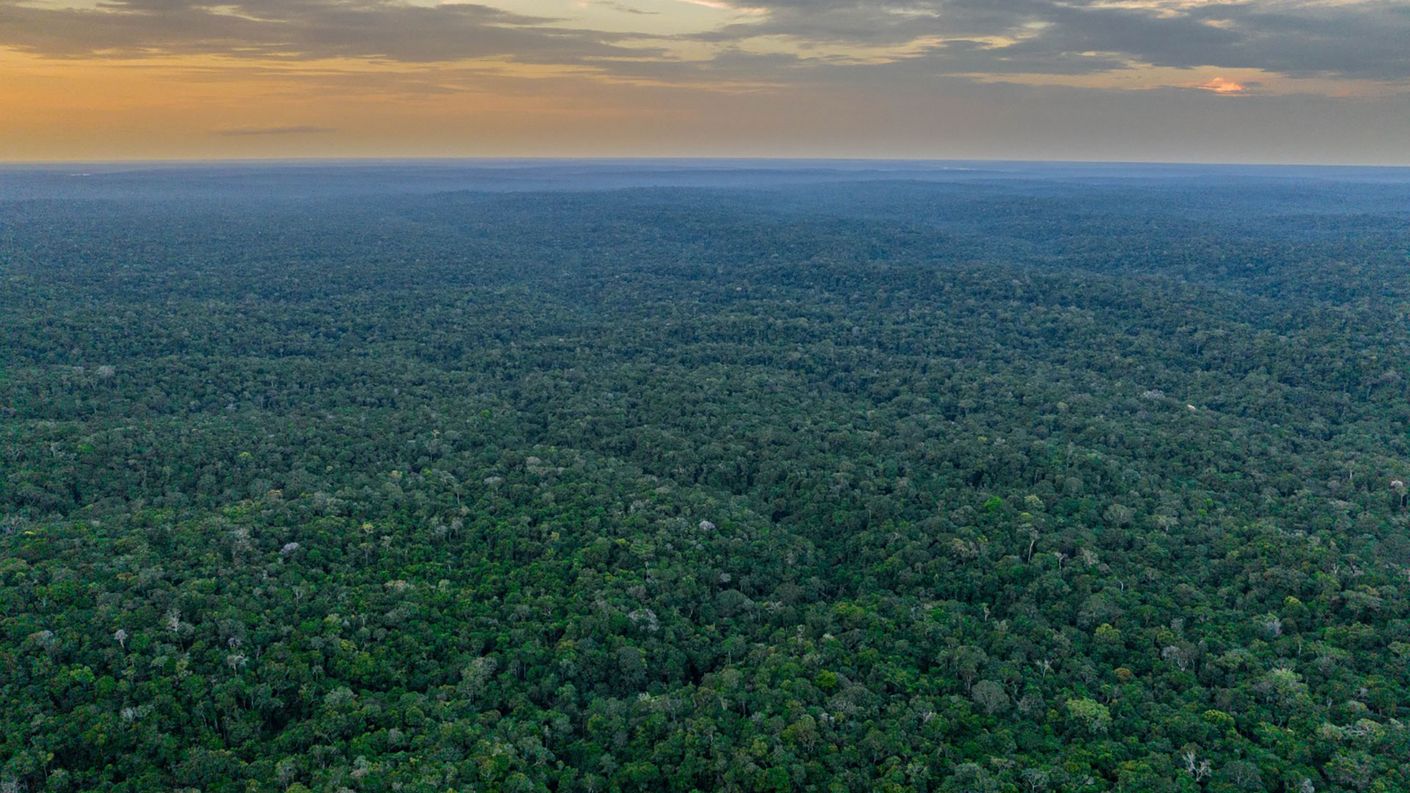
AI tool for more biodiversity in the rainforest: DFKI researchers are in the finals of XPRIZE Rainforest
| Human-Machine Interaction | Interactive Machine Learning | Osnabrück / Oldenburg | Press release

Tropical rainforests are among the most species-rich ecosystems on earth. Interventions such as deforestation and slash-and-burn agriculture are threatening this biodiversity. In Brazil alone, 20 per cent of the rainforests in the Amazon region have been destroyed in recent decades. "The loss of biodiversity is an urgent challenge of our time," says Dr Thiago Gouvêa from Brazil and senior scientist at DFKI Niedersachsen, where he heads the team for Computational Sustainability and Technology in the Interactive Machine Learning (IML) research department: "With our machine learning methods, we want to make biodiversity more measurable and thus contribute to the protection of species richness."

"Many resources from my AAI endowed professorship and DFKI's IML research department have been channelled into this project. This has already paid off. It is a great success for the team to be among the first six finalists, with more than three hundred teams taking part at the start of the competition and fifteen in the semi-finals. Now it's time to keep our fingers crossed once again for the finals."
At the end of July, it will become clear whether the AI-system developed at DFKI and the University of Oldenburg, which is designed to enable the acoustic detection of animal calls in the Brazilian rainforest within a very short time, will produce the desired results. Researchers Dr Thiago Gouvêa, Hannes Kath, Bengt Lüers, Rida Saghir and Ilira Troshani from Oldenburg in Lower Saxony will then be in the finals of the XPRIZE Rainforest competition together with numerous colleagues from all over the world as part of the Brazilian Team.
 © DFKI
© DFKIXPRIZE Rainforest is a competition organised by the non-profit XPRIZE Foundation, which was established in 1995. Its prominent supporters include Harrison Ford, a committed conservationist and well-known actor from films such as Indiana Jones and Star Wars. The challenge runs for five years and has a budget totalling 10 million dollars, which is divided into various phases such as qualification, semi-finals and finals. In the final round, four of the six competing teams will be awarded prizes. First place will receive 5 million dollars.
On behalf of the Brazilian Team, Simone Dena from the Brazilian university UNICAMP says: "We have agreed to use all the prize money for research into biodiversity in the tropical forests, particularly in the Amazon and the Atlantic. However, we are now waiting to see how much money we will receive."
 © Simone Dena
© Simone DenaIn the finals, part of the challenge will consist of recording animal sounds within 24 hours without humans being allowed to enter the rainforest. The audio files will be collected using sensors mounted on the backs of small robots travelling autonomously over the overgrown rainforest floor or carried high up into some treetops by drones. "But that's not our job," says Gouvêa, "we are bioacousticians. Our work begins when we receive the raw data from Brazil."
There is a strict time limit for this. Within 48 hours, a report must be created from the raw data obtained, showing which animal species are present in a particular section of rainforest and in what numbers. Scientist Hannes Kath explains: "We assume that we will receive thousands of audio files that are between 30 and 60 seconds long. Analysing them all manually would take far too long. We have therefore developed an interactive AI-system that runs several loops with human feedback and, at the end, provides exactly those audio files that are crucial for the report."
 © Paulo Molin
© Paulo Molin
The first step is to separate the different tracks of the audio files. To do this, the DFKI researchers use existing, large AI models, that they have retrained. The result is even more data, around 15 times as much. Various machine learning methods are then used until, in the end, only a few samples of each cluster with similar vocalisations need to be analysed to determine the corresponding species.
Since the semi-finals in Singapore, the technology has been further developed and refined, says Gouvêa, who brings experience from his previous work at the OsloMet University in Norway to the XPRIZE Rainforest competition, where he focussed on monitoring whale whistles. Ultimately, it doesn't matter where our models are used to protect biodiversity”, he says: "They should work everywhere. What is important to us is that we provide local experts on the ground with the tools they need to actively do something themselves to protect nature and the environment in their region."
XPRIZE Rainforest is a 5-year, 10 million US Dollar global competition that brings together innovators and experts from diverse disciplines - from conservationists and indigenous scientists to engineers and roboticists - and challenges them to use novel technologies to accelerate the monitoring of tropical biodiversity.
